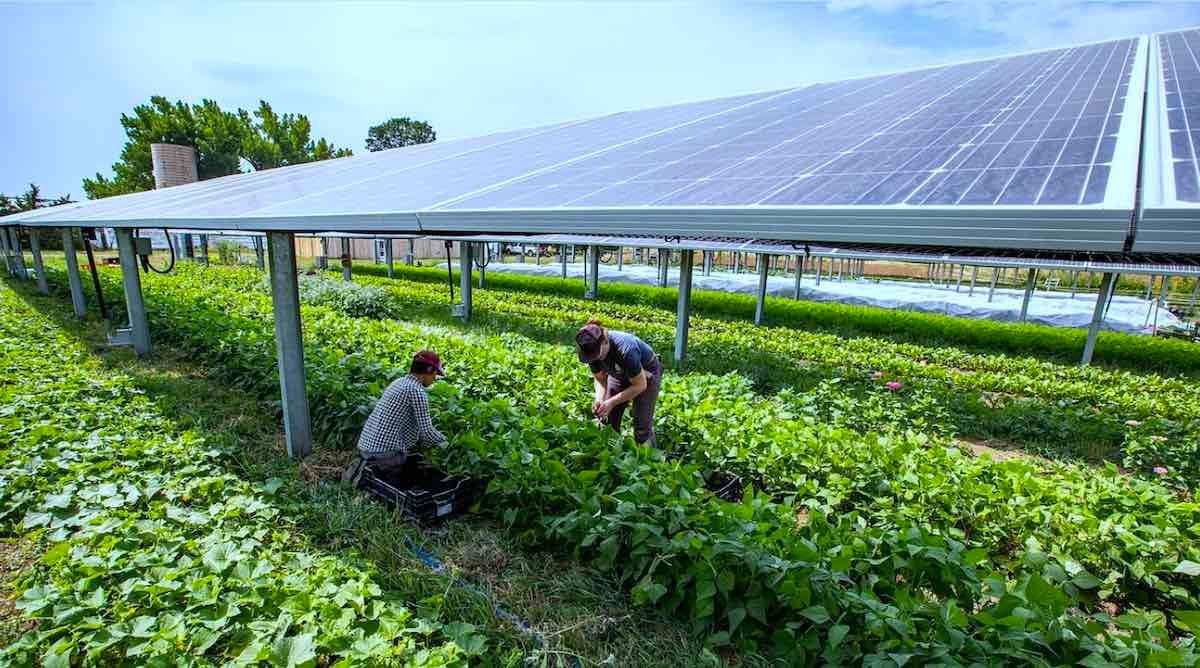Puerto Rico coronavirus statistics for March 15
According to the Puerto Rico Health Department, 192,364 people are believed to have been infected with COVID-19, an increase of 4,492 since March 8. This points to a significant decrease in the rate of new cases, as the increase between March 1 (when the total was 182,674) and March 8 was 5,198. The rate of deaths continues to go down: the death toll is currently 2,080, with 15 deaths registered in the last week. Comparatively, 28 people died from the virus between March 1 and March 8.
Beginning on November 7, the Health Department changed the way it recorded cases, splitting them between confirmed cases (as determined by molecular diagnostic testing), probable cases (as determined by antigen testing) and suspicious cases (as determined by serological, non-diagnostic testing). Viewed through that prism, Puerto Rico has had 94,790 confirmed cases, 8,205 probable cases, and 89,369 suspicious cases since the virus arrived on the Island.
There are currently 140 people hospitalized due to COVID, an increase of three since last week.
Vaccination efforts reached a key milestone this week, as most residents of the municipalities of Vieques and Culebra, two of the most isolated regions, were vaccinated. As of Friday, 73% of Vieques’ residents were inoculated and 83% of Culebra’s. Puerto Rico Health Department’s Secretary also announced that VacuTours, a mobile vaccination initiative on the Island, would add a new route that will include the one-shot Johnson & Johnson vaccine available for 15,000 people across six municipalities.
As one year passes since COVID upended Puerto Rican society, some areas have seen things return to a semblance of normalcy: centers for the elderly will now admit visitors, and assemblies in residential buildings are now once again permitted.
League of Cities sues FOMB
The League of Cities, a nonprofit representing 27 of Puerto Rico’s municipalities, has sued the Financial Oversight and Management Board (FOMB), the Puerto Rico Fiscal Agency and Financial Advisory Authority (AAFAF, in Spanish), the Puerto Rico Sales Tax Financing Corporation (CRIM, in Spanish), the Retirement Systems Administration (ASR, in Spanish), and the Health Insurance Administration (ASES, in Spanish) to halt attempts to collect money that the Board declared is owed by municipalities in the wake of Act 29’s annulment. Should Judge Laura Taylor Swain side with the plaintiffs, it would enable municipalities to avoid paying some $340 million in retroactive payments. Last year, Judge Swain annulled Act 29 of 2019, a law that freed municipalities from existing obligations to help fund the PayGo system and ASES.
Governor Pierluisi and unions trade barbs over Luma Energy contract
Members of the Electrical Industry and Irrigation Workers Union (UTIER, in Spanish) continue to turn out in force against the contract to award management of Puerto Rico’s power grid to Luma Energy—including holding a twenty-four-hour work stoppage in hopes of persuading the government to cancel the contract. According to UTIER, the Luma contract is unacceptable because it allows the corporation to ignore collective bargaining and would place pensions at risk.
UTIER and other unions have vowed to escalate their protests if necessary, and have even threatened to remove Gov. Pedro Pierluisi from office. Governor Pierluisi responded by saying: “I’m not intimidated by threats, no matter where they come from.” Pierluisi also asserted that he made no promises to cancel the contract, but to only modify it if he deemed it necessary.
Tourists bring COVID risks, much-needed spending to Puerto Rico
Americans seeking warmer weather have turned to Puerto Rico in large numbers, presenting challenges for an island dependent on tourism. Many travelers have been openly hostile to the idea of taking precautions against COVID. As reported by The Guardian, tourists often eschew masks, congregate in groups, and refuse to abide by existing curfews. In some cases, reminders about precautions have been met with violence.
Although COVID restrictions are once again being eased, the various limits placed on economic activity hit hotels and restaurants hard and the industry has yet to recover. This provides an incentive to give tourists a wide berth. With spring break on the horizon, the situation is likely to grow more fraught.
Share
STAY IN THE LOOP
Subscribe to our free newsletter.
La organización BoricuaActivatEd celebró su séptimo aniversario con reconocimientos al líder de la red evangélica Esperanza y de la comunidad boricua de Filadelfia, Luis Cortés, y el legendario artista Antonio Martorell. Cortés, premiado por su
tudy: Economy leading factor for Puerto Ricans moving to Florida A new survey unveiled Monday in Washington, D.C. sheds new light on factors contributing to Puerto Ricans moving to the state of Florida. The Puerto
New federal funds for solar, battery storage announced The Department of Energy (DOE) on Thursday announced a conditional commitment to finance new solar and battery storage facilities on the southern coast of Puerto Rico. The investment




